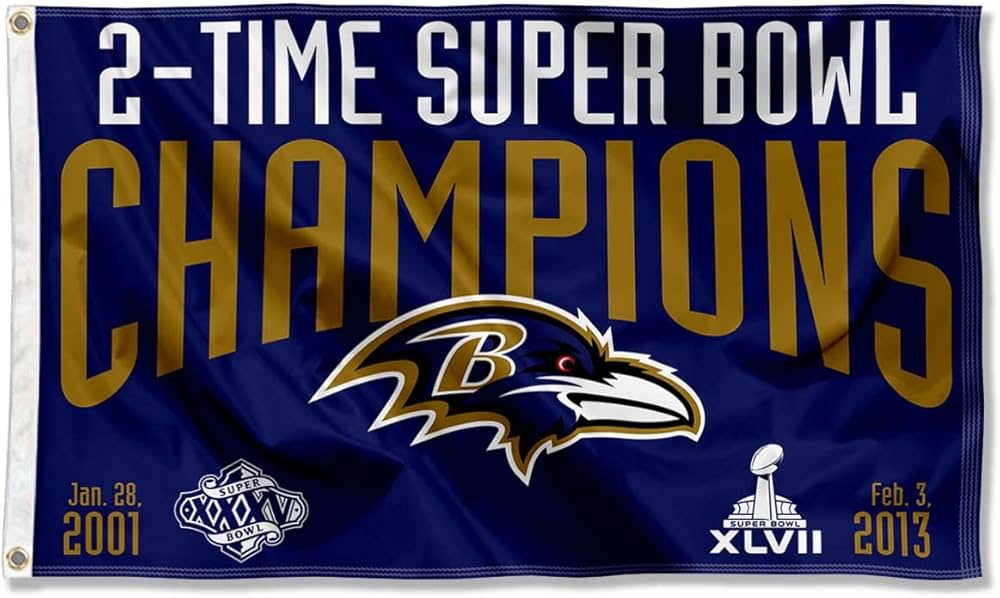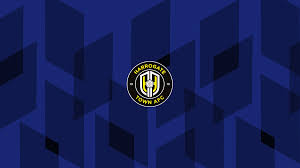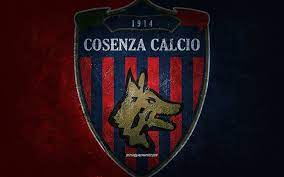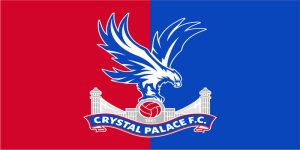
Baltimore Ravens
The Baltimore Ravens have carved out a significant niche in the world of professional football. Known for their fierce competitiveness and strong community ties, the Ravens have established themselves as a powerhouse in the National Football League (NFL). This blog post will delve into the various aspects that contribute to the legacy and culture surrounding this storied franchise, exploring everything from their founding and key players to their impact on the city of Baltimore and the NFL as a whole.
The History of the Baltimore Ravens
Understanding the roots of the Baltimore Ravens is crucial to appreciating their current standing in the NFL. The team’s history is rich with challenges and triumphs that reflect the spirit of the city it represents.
Readmore: Trang chủ KUBET
Founding and Early Years
The Baltimore Ravens were established in 1996 when the Cleveland Browns relocated to Baltimore. This transition was controversial, leading to legal battles and public outcry. However, the NFL gave Baltimore a new team to rally behind, and the Ravens were born.
Owner Art Modell played a pivotal role in this transition, even though his decision to move faced severe backlash from Cleveland fans. The team’s name pays homage to Edgar Allan Poe, the famed writer who lived and died in Baltimore. The choice of a raven as a symbol speaks both to the city’s literary heritage and its darker, more mysterious history.
In their inaugural season, the Ravens struggled but showed promise. They finished with a record indicative of a team still finding its identity. However, the foundation was laid for future success, notably marked by the hire of head coach Brian Billick in 1999.
Rise to Prominence
The turning point for the Baltimore Ravens came in the 2000 season when they captured their first Super Bowl title. This victory not only solidified their place in NFL history but also brought joy to the passionate fan base in Baltimore. Players like Ray Lewis, who became synonymous with the team’s identity, were instrumental in this journey.
Ray Lewis, a linebacker who would later be inducted into the Pro Football Hall of Fame, became known for his unmatched intensity and leadership on the field. Under his guidance, the Ravens’ defense became renowned for its ferocity and effectiveness. Their historic Super Bowl run capped off one of the most dominant defensive seasons in NFL history, a testament to the team’s grit and determination.
Post-Super Bowl victories, the franchise saw ups and downs, including coaching changes and roster shifts. However, the commitment to fostering a competitive spirit remained steadfast.
A Culture of Defense
One cannot discuss the Baltimore Ravens without acknowledging their reputation for building elite defenses. The team has consistently ranked near the top of the league in defensive statistics, particularly during the early 2000s.
This defensive focus is not just a strategic approach; it is embedded in the team’s identity. The “Ravens Defense” became a pillar of pride for the organization and its fans. Notable figures such as Ed Reed and Terrell Suggs emerged as leaders on the field, continuing the legacy established by Ray Lewis.





